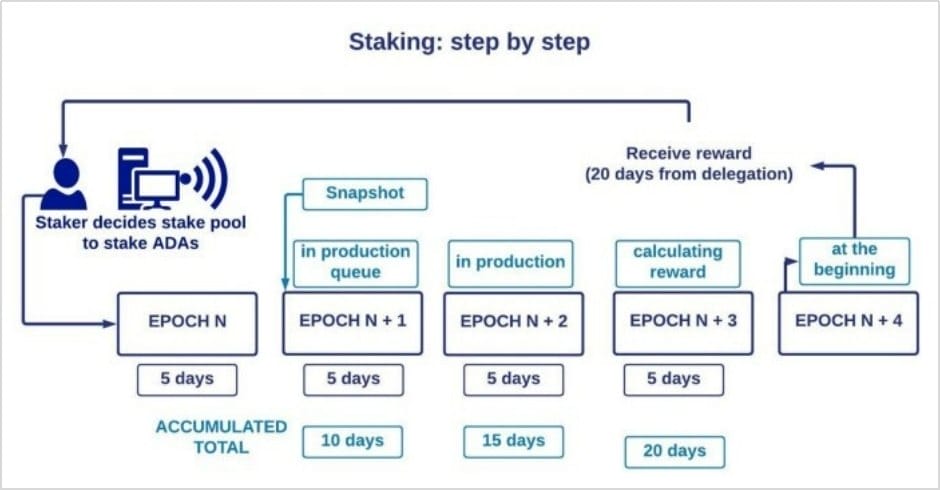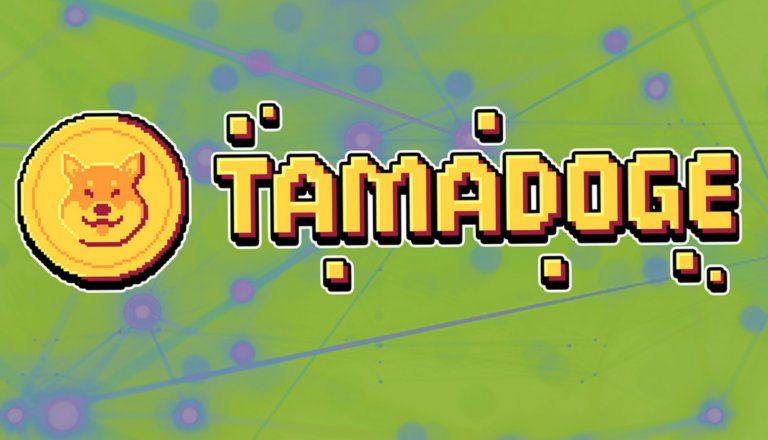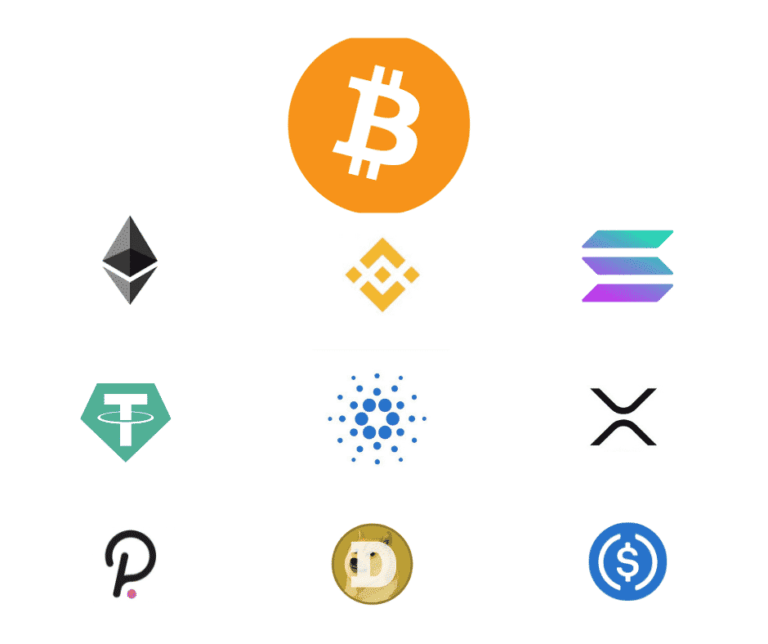
Are you curious about the term “Epoch” when it comes to cryptocurrency? Well, you’ve come to the right place! In the exciting world of crypto, an epoch is a significant concept that plays a crucial role in keeping things running smoothly. Let’s dive in and explore what an epoch is all about!
So, what exactly is an epoch? In the world of cryptocurrency, an epoch refers to a specific period of time in a blockchain network. Think of it as a chapter or a milestone that helps keep track of transactions and ensures the network functions effectively.
Each epoch typically has a predetermined duration, which can vary depending on the blockchain protocol.
Now, you might be wondering why epochs are necessary. Well, they serve several important purposes in the crypto world. For starters, epochs help maintain network consensus and synchronization by providing a reference point for validating transactions.
They also play a vital role in determining how blocks are created and how rewards are distributed to miners or network participants. Basically, epochs help keep everything in order and ensure the blockchain operates smoothly.
So, there you have it! An epoch in crypto is a designated timeframe that helps keep the blockchain network organized and enables smooth transaction validation. It’s like a chapter in a story that keeps things moving forward.
Now that you have a grasp on this concept, let’s delve deeper into how epochs function and their significance in the world of cryptocurrency. Hang tight, there’s more to explore!
What is an Epoch in Crypto?
Cryptocurrency epochs refer to specific time periods within blockchain networks. They determine when specific events occur, such as the minting of new coins or the initiation of protocol upgrades. Each epoch has a predefined duration, usually measured in blocks.
Knowing epochs is crucial in cryptocurrency as they help maintain the security, efficiency, and progression of the network. By following epoch-related information, users can make informed decisions regarding their participation in the crypto ecosystem.
The Role of Epochs in Blockchain Networks
Blockchain networks operate on decentralized systems governed by consensus mechanisms. These mechanisms, such as Proof of Work (PoW) or Proof of Stake (PoS), rely on epochs to keep the system running smoothly and securely.
During an epoch, certain tasks are performed that are crucial for the network’s operations. These tasks can include validating transactions, generating new blocks, and selecting block validators.
The length of an epoch can vary depending on the blockchain network, with some having fixed durations while others adjust them dynamically based on network conditions.
Epochs play a vital role in maintaining the integrity and security of blockchain networks. By organizing tasks and timeframes, they ensure that the network functions efficiently, preventing issues like double spending and other fraudulent activities.
Let’s dive deeper into the specific aspects of epochs in different cryptocurrency networks.
Ethereum’s Epoch System
In the Ethereum blockchain, epochs are a crucial component of the network’s PoW consensus mechanism. Ethereum uses a hash function called Keccak-256, which produces a 256-bit hash value. This hash value is used to validate the blocks that make up the blockchain.
Each epoch in Ethereum consists of a fixed number of blocks. Miners compete to solve complex mathematical puzzles, with the first miner to solve a puzzle being able to add their block to the blockchain and receive a reward in the form of Ether (ETH).
The epoch ends when the designated number of blocks is reached, and a new epoch begins.
Epochs in Ethereum are designed to ensure that new blocks are added to the blockchain at regular intervals. This helps maintain the order and security of transactions on the network.
It also allows for the smooth operation of decentralized applications (dApps) built on the Ethereum platform.
Cardano’s Epoch Model
Cardano, a blockchain platform known for its scientific approach to development, utilizes an epoch model within its Proof of Stake (PoS) consensus algorithm called Ouroboros. Unlike Ethereum’s fixed block duration epochs, Cardano’s epochs are of variable length.
In Cardano, epochs are further divided into slots, each representing a specific duration of time. These slots are used to schedule the election of slot leaders who are responsible for verifying and validating transactions within the network.
The length of epochs in Cardano can vary depending on network activity and stakeholder voting. Longer epochs allow for more transactions to be processed, but they also increase the time it takes to achieve full consensus.
Shorter epochs, on the other hand, enable faster consensus but may limit the number of transactions that can be included in a single block.
Tezos’ Baking System
Tezos, another blockchain network that operates on a PoS consensus algorithm, introduces epochs through its baking system. In Tezos, epochs are divided into cycles, which consist of a fixed number of blocks.
During each cycle, participants known as bakers validate and endorse blocks. Baking is the process of creating a new block and adding it to the Tezos blockchain, while endorsement involves verifying and appending one’s approval to an existing block.
Successful bakers and endorsers receive rewards in the form of Tezos (XTZ) tokens.
Epochs in Tezos are integral to the network’s protocol upgrade mechanism. After the completion of each epoch, Tezos undergoes a “key amendment” process where stakeholders vote on proposed changes to the blockchain protocol.
This decentralized governance feature allows Tezos to evolve and improve over time with the consent of the community.
Significance of Epochs in Crypto
Epochs play a critical role in the operation, efficiency, and security of blockchain networks. By breaking down time into smaller intervals and organizing tasks within them, epochs help maintain the order of transactions, prevent malicious activities, and ensure the smooth functioning of decentralized ecosystems.
The length and management of epochs vary across different cryptocurrency networks. Some networks, like Ethereum, utilize fixed-duration epochs to maintain consistency, while others, such as Cardano and Tezos, employ variable-length epochs to accommodate changing network conditions.
Knowing the concept of epochs in crypto is key to gaining insights into how blockchain networks function and evolve.
Whether it’s through the validation of blocks, the election of slot leaders, or the governance of protocol upgrades, epochs form the backbone of many innovative cryptocurrencies, shaping the future of decentralized finance and digital economies.
Frequently Asked Questions
In the world of cryptocurrencies, an epoch refers to a specific period of time that plays a crucial role in the functioning of the blockchain. It is important to understand what an epoch is and how it impacts various cryptocurrency protocols. Below, we have answered some common questions related to epochs in the context of cryptocurrencies.
1. How does an epoch affect cryptocurrency transactions?
An epoch determines the timeframe within which a cryptocurrency protocol makes crucial updates or changes. During an epoch, transactions are grouped and processed in batches, known as blocks. By processing transactions in epochs, the network can enhance efficiency, reduce congestion, and improve overall transaction speeds.
Epochs ensure that updates to the blockchain are coordinated and implemented in a systematic manner.
For users, epochs mean that their transactions may not be immediately included in a block. Instead, they may need to wait until the end of the current epoch or the start of the next one. This delay is nominal and helps maintain the integrity and consistency of the blockchain network.
2. How long does an epoch typically last?
The duration of an epoch can vary depending on the specific cryptocurrency protocol. In some cases, epochs may last a few minutes, while in others, they could span several hours or even days.
The length of an epoch is determined by factors such as network complexity, block generation time, and the consensus mechanism used by the cryptocurrency.
It’s important to note that the length of an epoch is not fixed and can change over time. Cryptocurrency protocols often adjust the epoch duration to accommodate network growth, improve scalability, and maintain optimal performance levels.
3. How does an epoch impact network consensus?
An epoch plays a crucial role in the consensus mechanism of a cryptocurrency network. Most blockchain networks rely on a consensus algorithm, such as Proof of Stake (PoS) or Proof of Work (PoW), to validate and confirm transactions. The epoch serves as a unit of time within which this consensus is reached.
During an epoch, network participants, also known as validators or miners, work together to process and validate transactions. They compete to add new blocks to the blockchain, and consensus is reached when the majority of validators agree on the state of the blockchain at the end of the epoch.
This consensus is crucial for maintaining the security and reliability of the cryptocurrency network.
4. Can epochs impact the security of a cryptocurrency?
Epochs themselves do not directly impact the security of a cryptocurrency. However, they play a role in ensuring the security of the blockchain network as a whole.
By processing transactions in batches during epochs, the network can optimize resource allocation and mitigate the risk of fraudulent or malicious activities.
Additionally, epochs allow for regular updates and improvements to the network, which helps in identifying and resolving potential security vulnerabilities.
Coinciding updates, like the implementation of new security protocols, can be coordinated during epochs to minimize disruptions and maintain the integrity of the cryptocurrency.
5. How can users stay informed about epoch-related updates?
To stay informed about epoch-related updates, users can follow official announcements from the cryptocurrency protocol they are using. Cryptocurrency websites, forums, social media accounts, and community channels are good sources of information about upcoming epochs and any changes they may bring.
It’s recommended to stay connected with the cryptocurrency community and join relevant discussion groups, where users and developers share insights and updates.
By staying informed, users can ensure they are well-prepared for any changes that an epoch may bring to the functioning of their preferred cryptocurrency protocol.
An epoch in crypto is a specific period of time in which blocks are created and validated in a blockchain. Each epoch has a fixed duration and is made up of multiple blocks. During an epoch, the consensus algorithm determines which block should be added to the chain.
Epochs are important because they help maintain the integrity and security of the blockchain network.
When a new epoch begins, a new leader is selected to create and validate blocks. This rotation of leaders ensures decentralization and prevents any single entity from having too much control. Epochs also help with scalability as they allow for more efficient block creation and verification.
Knowing epochs is essential for anyone interested in cryptocurrency and blockchain technology as they play a critical role in maintaining the network’s reliability and security.






